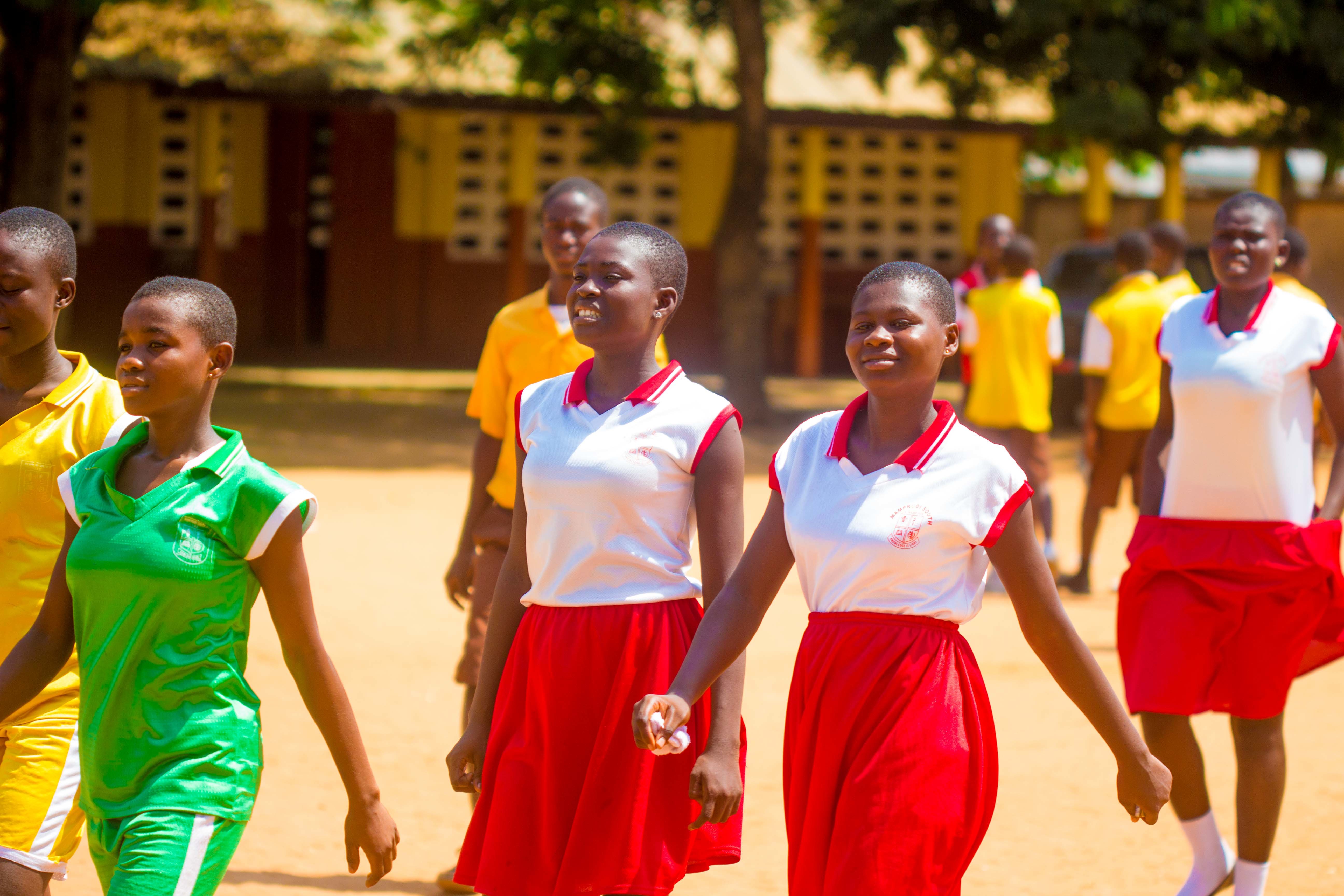
Effectiveness of Social and Financial Education for Youth – a global analysis
Written by Aukje te Kaat, Research Manager, Aflatoun International; Simon Bailey, Director of Partnerships and Innovation, Aflatoun International; and Karen Moore, Program Manager, Youth Livelihoods, Mastercard Foundation.
Growing evidence suggests that building soft skills such as problem solving, communication, teamwork and managing money can help young people transition into work and to become active and responsible citizens within their households, communities and countries. However, whether in school or out, children and youth often lack access to opportunities to build these skills.
Through social and financial education targeted to different age groups, Aflatoun International aims to contribute to bridging this skills gap, through increasing children and youth’s self-understanding and confidence, and their knowledge and skills on rights and responsibilities, saving money and resources, and sound decision-making. The organization endeavors to change both the content of education and how it is taught. Children and youth learn experientially – skills are brought to life through practical application and interaction. By training teachers and facilitators in active learning methodologies, learning is made applicable to the situations that young people face.
Working with a dynamic, bottom-up network of organizations, Aflatoun International provides support and tools to partners to deliver social and financial education. It arranges regional and international learning opportunities, coordinates and supports regional master trainers, and provides a comprehensive package of technical assistance. Organizations are also assisted with advocacy efforts on the national and regional levels.
Aflateen is Aflatoun International’s program designed specifically for youth, developed and scaled up through a five-year partnership with the Mastercard Foundation. Through this partnership, over two million youth in 77 countries – including 21 in Africa – have accessed social and financial education, far exceeding the initial target of 250,000 youth in 50 countries. Aflateen builds skills, provides opportunities to engage with the community and market, encourages young people to become innovators and changemakers, and empowers them to break the intergenerational cycle of poverty and inequality.
This global Aflateen program offered Aflatoun International a unique opportunity to learn about the effectiveness of its youth skills development programming across multiple contexts. The best available research and evaluation on Aflatoun’s youth projects since 2011 were synthesized: 28 quantitative, qualitative and process-focused studies across 20 countries, which include responses from over 5,800 young people and approximately 250 teachers, school administrators, parents and staff from partner organizations.
The results show that the Aflateen program is successful in improving many key outcomes, but also challenge our perceptions of how the program works in places of greatest need, and on how partners contextualize the program to the needs of young people.
Using an approach called meta-analysis which allows for cross program comparison, the study found strong, statistically significant evidence in the quantitative data on key outcomes for young people:
- Future orientation: There were improvements in the extent to which participants think about the future, anticipate future consequences, and plan before acting.
- Resource management behaviour (especially savings): More participants save money, and in more formalized ways such as at school or in the bank.
“In the club, I was educated on the importance of saving and my mind broadened. I began saving and didn’t ask for money from my parents all the time. I learned how to sacrifice the non-important things I used to buy for leisure…” (Participant from Kenya)
- Entrepreneurship attitudes and behaviours: Aflateen had a positive impact on participants’ desire to start an enterprise, and on their belief that they could do so.
“My kiosk has made me a role model in my village and people are surprised at how I have so many customers. Before consulting what to buy for my kiosk I would consult the biggest kiosk around and they would share their ideas.” (Participant from Nepal)
Positive effects, but with less statistical significance, were also found on participants’ attitudes towards equality and gender. Stronger support for these outcomes was provided by qualitative data, which in addition also suggested positive effects on self-confidence, especially among girls, and on financial knowledge (especially about loans and budgeting).
“…before Aflateen, youth presumed that any girl who stands with a boy to have bad intentions and assume they are doing something against the conservative values and traditions of the society. But after Aflateen, they treat each other differently and are more cooperative and interactive…. there was a change in perceptions of both girls and boys equally on gender roles and relations” (Participant from Egypt)
In India, enhanced confidence combined with strengthened beliefs meant that students were more vocal and likely to stand up for their own rights and those of others.
The qualitative findings also suggest that there is room for improvement. Some youth living in poverty felt that the financial component of the curriculum is less applicable to them. Young people also struggle to implement successful businesses without additional support. Other feedback for improving the program included the desire of teachers and facilitators to have more time to learn the program, more learning aids, and more careful refinement to local contexts. Complex and sometimes culturally sensitive parts of the curriculum (e.g. on gender and sexual health and rights) call for better contextualization of the program to needs, capacity and social norms, so teachers feel comfortable delivering the content.
Overall, the findings indicate that the impact of Aflateen is robust. The Aflatoun network will continue to build on this success, improving the outlook and entrepreneurial spirt of youth, while also working to support the better contextualizsation of its approach, tailored to the needs of youth.
The synthesis research report can be found here. For more information, contact Aukje te Kaat, Research Manager at Aflatoun International, or Karen Moore, Program Manager, Mastercard Foundation.


